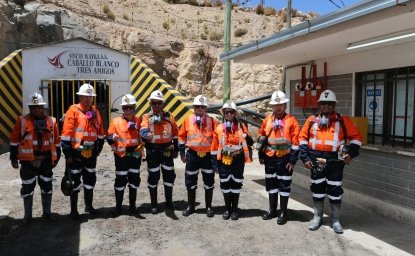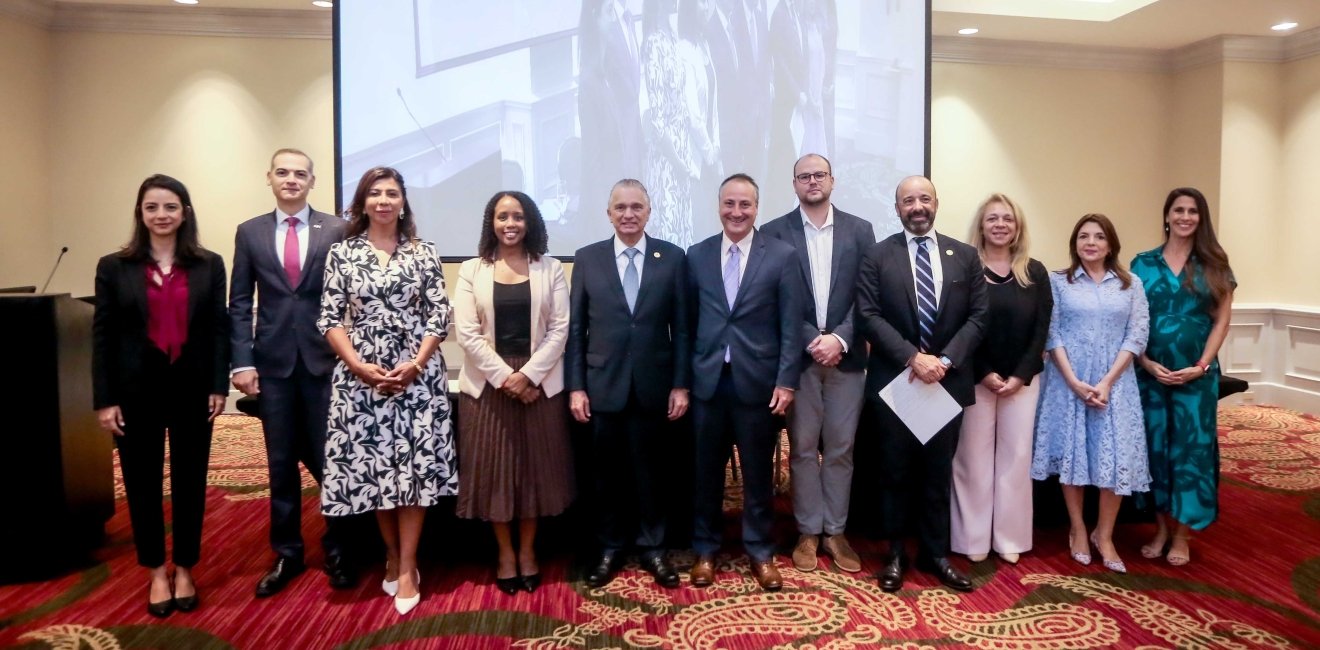
A blog of the Latin America Program
Argentina intends to sign the High Seas Treaty, an historic agreement to protect the lawless expanse of ocean that covers most of the planet’s surface and is home to extraordinary biodiversity. The government made the announcement on June 6, before the start of a global summit in San José, Costa Rica on marine protection.
“The ocean is the future,” Paola Di Chiaro, Argentina’s secretary for the Malvinas Islands, Antarctica, and the South Atlantic, said at a high-level dialogue in San José organized by the Wilson Center’s Latin America Program, the Natural Resources Defense Council, and the Inter-American Association for the Defense of the Environment, “The High Seas Treaty: Latin American Leadership on Ocean Conservation.”
Argentina is the latest country in the region to give the treaty a boost. Chile was the second government to ratify the agreement and it has proposed a high seas marine protected area and offered to host the treaty secretariat in Valparaíso. In April, Belize also ratified the agreement. In all, seven countries have ratified the treaty, out of 60 needed for it to become international law.
Argentina is the latest country in the region to give the treaty a boost. In all, seven countries have ratified the treaty, out of 60 needed for it to become international law.”
Negotiations over the treaty–considered crucial to meeting the global goal of setting aside 30% of the Earth’s land and oceans for conservation–spanned two decades. The agreement covers two-thirds of the ocean. Its advocates hope to see it come to life by the next UN Ocean Conference, to be co-hosted by Costa Rica and France in Nice, France, next year.
So far, 90 countries have signed the High Seas Treaty.
Latin America and the Caribbean played a decisive role during treaty negotiations, negotiating as a bloc known as the Latin America Core Group comprised of 14 countries. The region was already a standout in marine protection in territorial waters. In 2022, for example, Costa Rica, Colombia, Ecuador, and Panama established the Eastern Tropical Pacific Marine Corridor, a sprawling transnational marine protected area that includes Coiba Island and the Galápagos. Several countries in the region meet or exceed the 30% target for marine protection, including Chile, Costa Rica, and Panama.
Latin America was already a standout in marine protection in territorial waters.”
Alongside Argentina, senior officials from Costa Rica, Chile, the Dominican Republic, the United Nations, and the United States participated in the June 6 Wilson Center dialogue in San José, where they emphasized the urgency of protecting the high seas.
Costa Rica is a “guardian of the voice and hopes” of the seas, Foreign Minister Arnoldo André Tinoco said, suggesting quick action by Costa Rica’s Congress to ratify the treaty.
The United States led the treaty negotiations, but it has not ratified the agreement. Nevertheless, at the June 6 dialogue, Mahlet Mesfin, deputy secretary of state for Oceans and International Environmental and Scientific Affairs, said the treaty was a “high priority for the United States” and urged governments to ratify it swiftly.
“The ocean,” she said, “sustains all life on Earth.”
Author


Latin America Program
The Wilson Center’s prestigious Latin America Program provides non-partisan expertise to a broad community of decision makers in the United States and Latin America on critical policy issues facing the Hemisphere. The Program provides insightful and actionable research for policymakers, private sector leaders, journalists, and public intellectuals in the United States and Latin America. To bridge the gap between scholarship and policy action, it fosters new inquiry, sponsors high-level public and private meetings among multiple stakeholders, and explores policy options to improve outcomes for citizens throughout the Americas. Drawing on the Wilson Center’s strength as the nation’s key non-partisan policy forum, the Program serves as a trusted source of analysis and a vital point of contact between the worlds of scholarship and action. Read more

Explore More in Weekly Asado
Browse Weekly Asado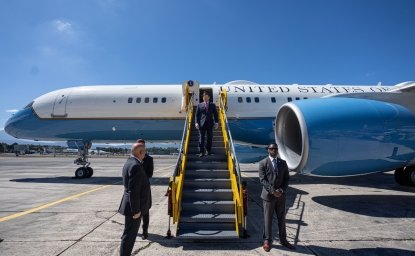
US Ties Its Hands in Fight Against Organized Crime
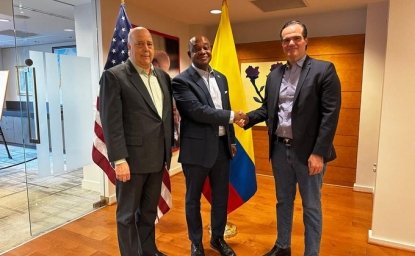
Caught Up in the US-Colombia Spat, International Diplomats
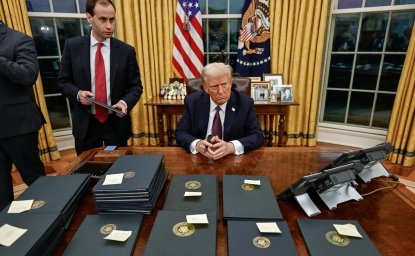
Latin America Under a Microscope
